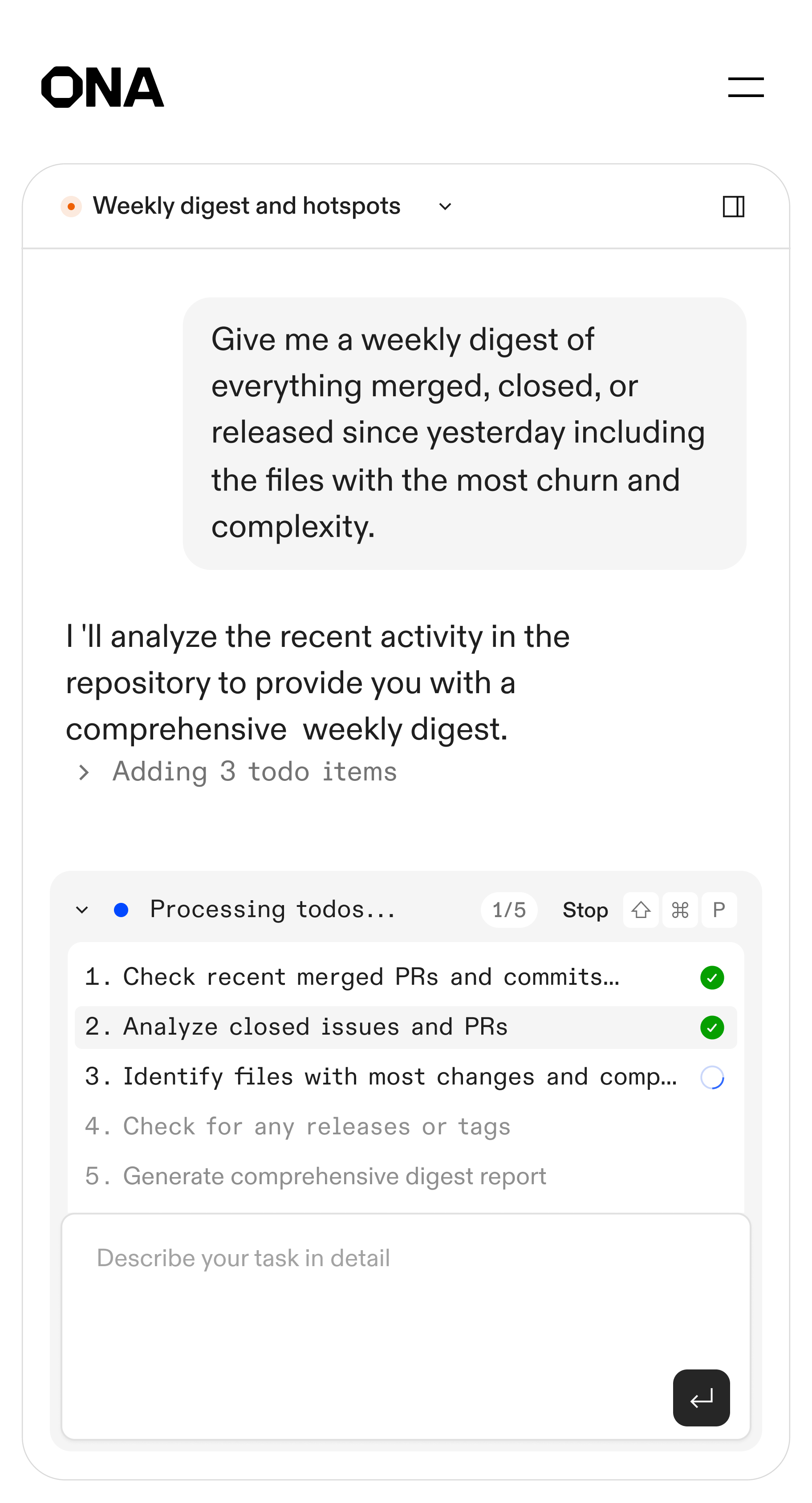Gitpod rebranded to Ona in September 2025 because they realized "cloud IDE" doesn't justify enterprise pricing. Now they're an "AI agent platform" - same environments, but with bots that write code.
The rebrand coincides with ditching Kubernetes after 6 years. They finally figured out what every k8s admin knows: running unpredictable dev workloads on Kubernetes is a fucking nightmare. I watched their old system die every time someone ran a webpack build - your 16-core environment would crawl because some asshole was compiling Rust in the next container over.
Their new "Gitpod Flex" architecture actually works. Environments start in 2-3 minutes instead of the 10+ minute startup times that made people rage-quit and go back to Docker Desktop.
What You Actually Get
The Environment: Still a Linux VM in the cloud with your repo, dependencies, and VS Code. Now uses devcontainer.json instead of their proprietary .gitpod.yml format. The migration breaks some custom configurations - budget time for fixes if you're moving from the old format.
The AI Agents: Here's the weird part - they actually don't suck. Ona claims their agents co-author 60% of PRs in their own codebase, which is bullshit unless you count adding docstrings as "co-authoring." But when they work, they write decent code. Not just autocomplete - actual features.
I watched one write a complete React component with proper TypeScript types and error handling. Still suggested react-scripts for a Next.js project, but hey, nobody's perfect. The agents are like having a junior developer who's really fast but needs supervision.
The Enterprise Stuff: SOC2 compliance, RBAC, audit logs - all the boxes enterprise security teams need checked. You can deploy in your own AWS VPC if you're paranoid about data leaving your infrastructure.

The Kubernetes Migration Nobody Talks About
The most interesting change isn't the AI bullshit - it's ditching Kubernetes. They spent 6 years fighting the "noisy neighbor" problem where one person's webpack build would slow everyone else to a crawl. K8s resource management assumes predictable workloads, but dev environments are pure chaos. I've seen a single npm run build kill performance for 20+ developers.
Their custom control plane shipped in October 2024 and fixed the actual problems. No more 10-minute startup times while some asshole compiles WASM modules on the same node. Environment startup is now predictable, which alone makes it better than GitHub Codespaces (still randomly fails with "Creation failed for unknown reasons").
Real Talk on Pricing
They quadrupled enterprise revenue year-over-year, which means the pricing went from "reasonable" to "bend over." The free tier exists to get you hooked - you'll need the paid tier for actual work. Their "8-figure contracts" with banks suggest enterprise pricing is in the "if you have to ask, you can't afford it" territory.

